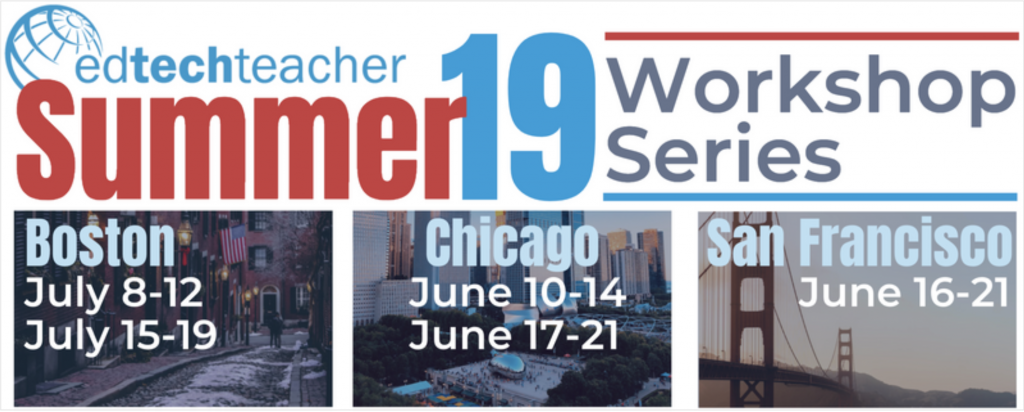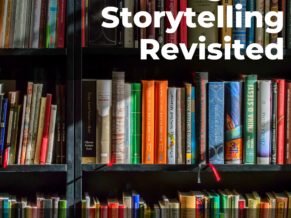
Storytelling has always been a significant part of education. In learning to tell stories, students explore sequencing, descriptive language, writing, fluency, adding details, and much more. The act of being able to tell and write a cohesive story is a critical communication skill for all students to develop.
In addition to telling stories, there is great value in having students illustrate their concepts. While this can certainly be achieved on paper, by exploring digital storytelling tools, students can expand their audience of readers, more easily edit their work, add their own voice recordings for narration, and even collaborate.
Stories bring us together, encourage us to understand and empathize, and help us to communicate. Long before paper and books were common and affordable, information was passed from generation to generation through the oral tradition of storytelling. Consider Digital Storytelling as the 21st Century version of the age-old art of storytelling with a twist: digital tools now make it possible for anyone to create a story and share it with the world.
Movies, created over a century ago, represent the beginning of digital storytelling. Consuming movies has become a cultural phenomenon, but making them was inaccessible to the average person for decades. Film cameras, 8mm and even video cameras served as big breakthroughs, but editing posed a challenge until technology progressed with software, websites, and apps exploding on the scene and putting advanced editing skills into the hands of everyone.
Consider the meteoric rise of YouTube and other video sharing websites. At no other time in history have we been able to create, edit and share video on both a personal and global scale. In fact, video and images have become primary ways of communicating, taking the place of traditional print literacies in some areas.
Digital stories push students to become creators of content, rather than just consumers. Weaving together images, music, text, and voice, digital stories can be created in all content areas and at all grade levels while incorporating the 21st century skills of creating, communicating, and collaborating.

Want to learn more about Digital Storytelling and how it might engage your students? Join EdTechTeacher instructors, Rosey McQuillan and Avra Robinson in either San Francisco or Chicago this summer! This 2-day, hands-on workshop will explore the steps, tools, and processes to successful Digital Storytelling. Teachers will leave inspired and armed with the knowledge and skills needed to incorporate this wonderful concept into their classroom! Learn more at edtechteacher.org/summer

